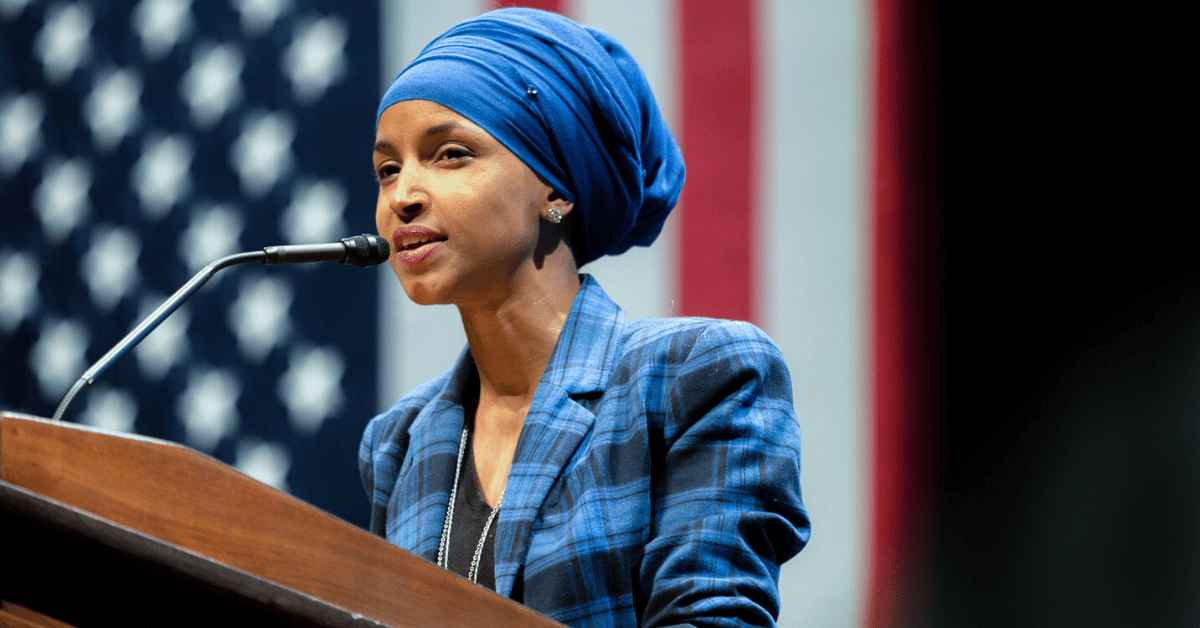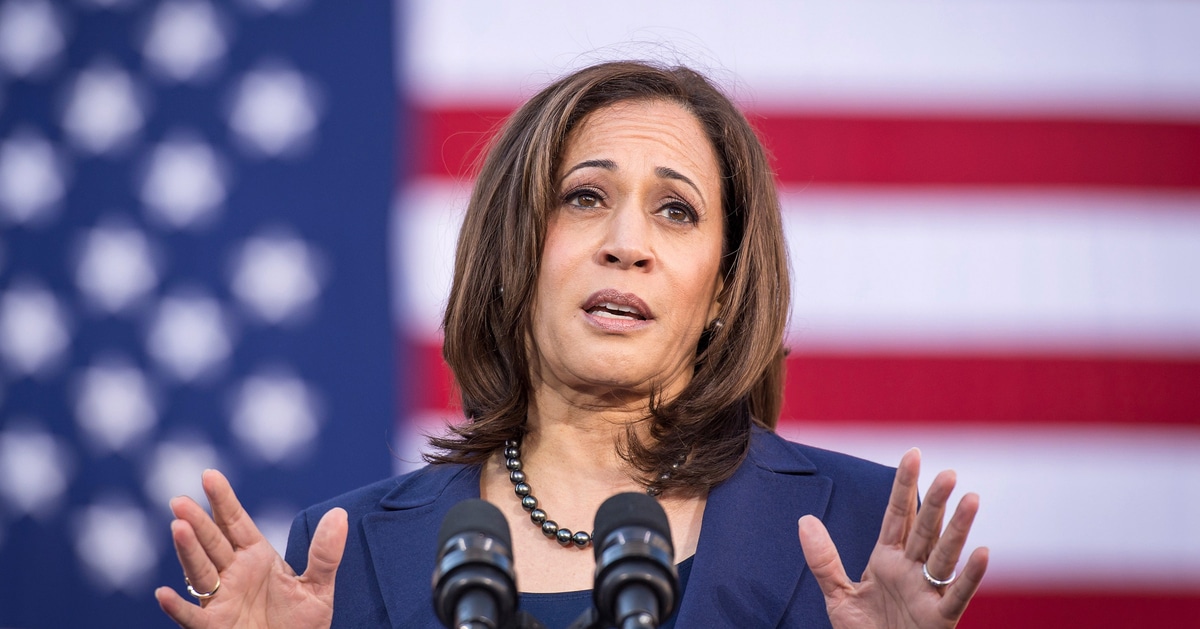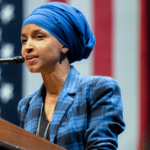






Kamala Harris just dropped a bombshell about her vice-presidential pick that’s got everyone talking. In her upcoming book "107 Days," excerpted by The Atlantic, Harris admits she wanted Pete Buttigieg as her running mate but backed away due to fears of societal pushback. It’s a rare peek behind the curtain of political calculus that’s both revealing and, frankly, a bit frustrating.
The New York Post reported that Harris confessed she settled on Minnesota Gov. Tim Walz as her running mate after deeming Buttigieg, the former transportation secretary, too risky for the ticket.
Let’s rewind to how this unfolded. Harris, in her own words, saw Buttigieg as her top choice among eight potential candidates. She admired his knack for presenting progressive ideas in a way that could resonate even with more traditional voters.
“He is a sincere public servant with the rare talent of being able to frame liberal arguments in a way that makes it possible for conservatives to hear them,” Harris writes in her book. Well, that’s high praise, but it’s hard not to wonder if playing it safe with Walz was the right call when bold ideas are what many crave in politics today.
But here’s the rub: Harris believed America might not be ready for a ticket featuring a Black woman alongside an openly gay man.
She worried that cultural biases—against race, religion, and orientation—could sink their chances. It’s a pragmatic concern, sure, but doesn’t it also assume the worst about the electorate?
Instead of taking that chance, Harris pivoted to Walz, the Minnesota governor, as a safer bet. One has to ask if this caution reflects a lack of faith in the public’s ability to judge candidates on merit rather than identity. It’s a missed opportunity to challenge outdated norms head-on.
Harris’s hesitation isn’t just a footnote; it’s a window into the tightrope politicians walk in a polarized age. While her concern about biases is grounded in real-world observation, it also risks reinforcing the very barriers she claims to want to break. Shouldn’t leadership mean pushing boundaries rather than bowing to them?
Now, let’s talk about Buttigieg for a moment. The former mayor of South Bend, Indiana, gained national attention during the 2020 Democratic primaries and has since been seen as a rising star. His ability to bridge ideological divides, as Harris herself noted, makes her decision to pass on him sting even more for those hungry for fresh voices.
Adding intrigue, a recent Emerson College survey showed Buttigieg edging out Harris in a hypothetical 2028 Democratic primary matchup, 16% to 13%.
Trailing behind were California Gov. Gavin Newsom, Pennsylvania Gov. Josh Shapiro, and Rep. Alexandria Ocasio-Cortez. It’s a sign that Buttigieg’s appeal isn’t just in Harris’s head—it’s measurable.
Harris’s memoir also paints a personal picture of her bond with Buttigieg. “I love Pete. I love working with Pete,” she writes. There’s genuine respect there, which makes the sideline all the more poignant.
Yet, one can’t help but critique the broader trend here. When candidates are chosen based on optics rather than qualifications, it fuels the perception that politics is more about image than substance. Harris’s choice of Walz over Buttigieg feels like a concession to a progressive agenda obsessed with checking boxes rather than taking risks.
Consider the stakes of such decisions. Harris’s book suggests she grappled with the idea of saying, “Screw it, let’s just do it,” but ultimately didn’t. That hesitation, while understandable, might leave some wondering if courage took a backseat to caution.
Walz, for his part, has been a steady presence, recently seen waiting for a press conference outside Annunciation Church in Minneapolis after a tragic shooting. But his selection over Buttigieg still raises questions about whether the Democratic ticket could have been more dynamic. It’s a debate that’s not going away anytime soon.
At the end of the day, Harris’s revelation in "107 Days" is a stark reminder of how identity politics continues to shape electoral strategy. While her empathy for societal challenges is evident, the decision to play it safe with Walz over Buttigieg might be seen as a missed chance to redefine what’s possible.



